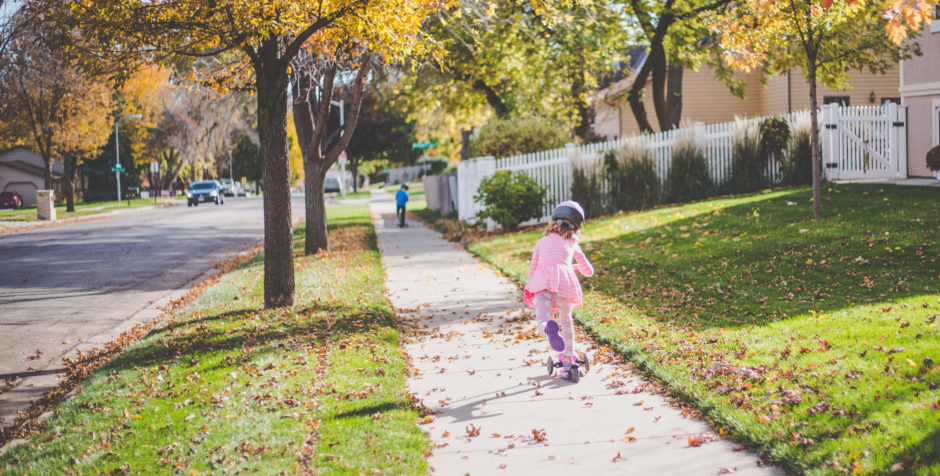ACLJ Intervenes in County’s Efforts To Regulate a Couple’s Religious Use in the Privacy of Their Own Home
Many churches, religious organizations, and homeowners engaged in religious activity are unaware of the federal laws that protect their religious exercise from unnecessary and burdensome zoning regulations and/or unequal treatment in the zoning process.
The Religious Land Use and Institutionalized Persons Act (RLUIPA), enacted by Congress in 2000, protects individuals, churches, and religious institutions from discrimination in zoning. In enacting RLUIPA, “Congress recognized a need for Federal legislation to protect religious individuals and institutions from unduly burdensome, unreasonable or discriminatory zoning and land use regulations.” Likewise, the Equal Protection Clause of the Fourteenth Amendment, in the zoning context, prohibits similarly situated property owners from being treated differently when no rational basis exists for the different treatment.
While churches and religious institutions may regularly find themselves in the complicated and highly individualized zoning process whereby zoning codes or other land use regulations may illegally exclude religious assemblies in a place where theaters, meeting halls and other similar uses are permitted, private individuals rarely find themselves in a zoning dispute. When they do, most are unaware of the federal laws that protect them. Recently, homeowners in Georgia experienced firsthand this differential treatment.
After more than 14 years of hosting friends and fellow members of the ministry in their beautiful home for the purpose of providing a quiet place for individuals to rest, re-energize themselves, and recuperate from the daily stresses of the ministry, the retired couple received a notice from the county informing them that they were in violation of the county’s zoning code and must obtain a special permit to operate a bed and breakfast in order to continue hosting guests in their private home.
Despite the couples’ insistence that they were not operating a bed and breakfast because they do not charge fees to their guests and spend the majority of their time visiting with their guests – eating, praying, and talking – as any homeowner would with a family or friend visiting their home (unlike that of an innkeeper), the county insisted that the couple obtain a special use permit and submit to onerous and inapplicable regulations.
Astounded that the county was attempting to regulate the private use of their home to pray and meet with fellow ministry partners, and unsure what to do, the couple reached out to us for help. We immediately contacted county officials to inform them of the applicable federal law prohibiting the county from regulating the couples’ use which was no different than any other private homeowner’s use.
We explained to the county that the mere fact that the couple invited friends and fellow ministry partners into their home as part of a religious ministry or under a stated religious purpose did not justify special or differential treatment of the couple. This is especially true here where the use had been ongoing for 14 years without a single complaint, was less intensive than a family of three living in the same neighborhood, and the use did not impose any safety, traffic, or disruption threats to the neighborhood.
We also explained to the county that negative attitudes or unsubstantiated fears expressed by a disgruntled neighbor did not serve as a permissible basis for treating a homeowner or zoning applicant differently. As the Supreme Court of the United States has made clear, a local government “may not avoid the strictures of [the Equal Protection] Clause by deferring to the wishes or objections of some faction of the body politic.”
Further, just as a local government is prohibited under RLUIPA from regulating a weekly Bible study meeting held in the privacy of one’s own home absent a compelling interest (something we have had to fight to remind localities of in the past), the county is prohibited from regulating this couples’ use of their home to host guests free of charge for religious purposes in this case.
Fortunately, the couple contacted us in time, and following ACLJ’s intervention in the matter, the county changed course and ceased all further enforcement efforts against the couple. We are happy to report that the couple was immediately able to return to its ministry and mission of “lavish[ing] the love of God on the servants of God, so they can be refreshed to better fulfill the call of God on their lives.”
